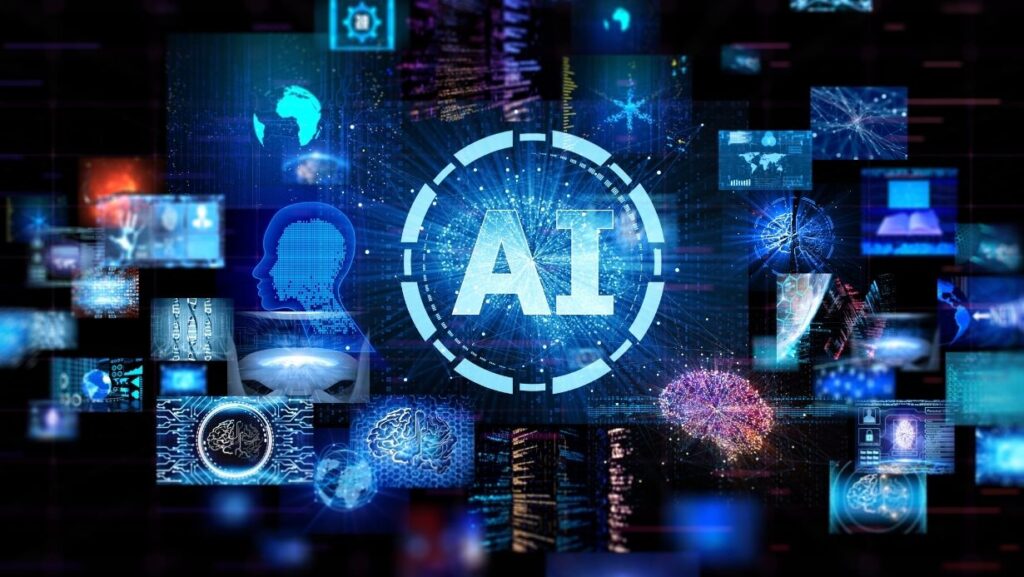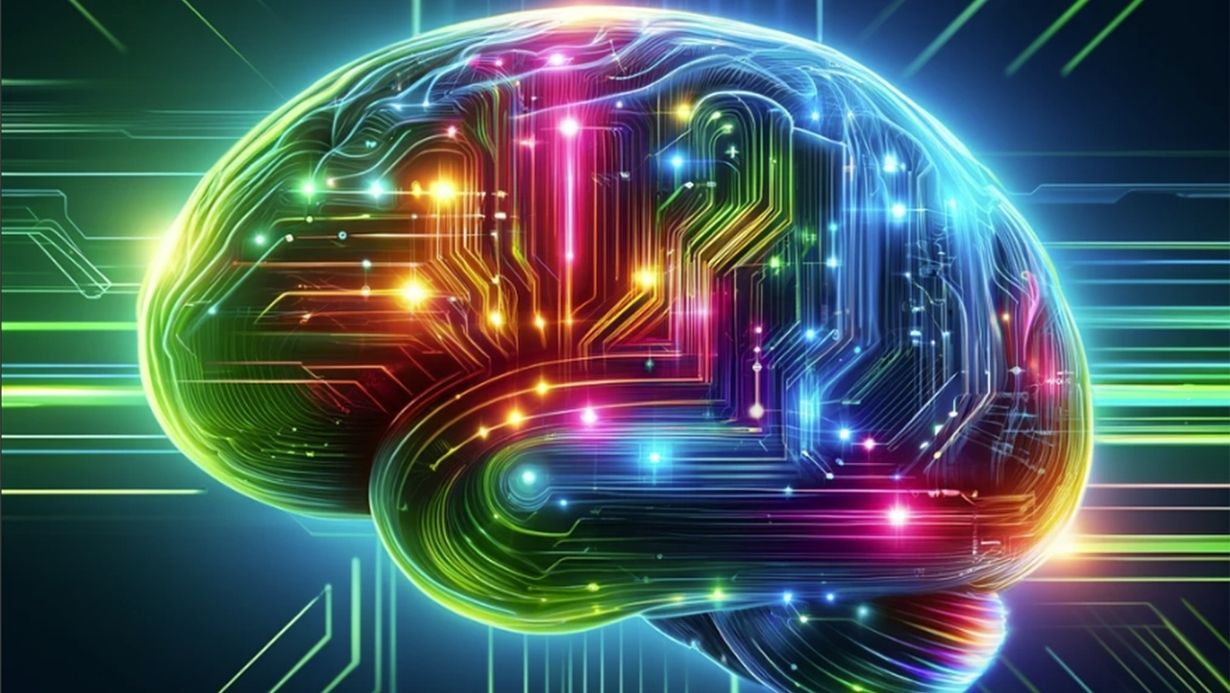
The internet is buzzing over Google’s latest AI release, Flow, which gives everyone the power to generate their own videos from a few text prompts. The innovative design tool uses a few of Google’s most advanced AI models to date to create incredible clips and scenes.
This seems rather high-tech already, but it’s just the tip of the iceberg. There’s so much more to come, and it could be the next stepping stone towards a new era of AI generated content in the entertainment industry.
Users Could Make Their Own AI Content
One thing that is clear from Flow is the fact that it will one day be easy for anyone to make their own content. Imagine having a few ideas for a film and then simply typing it into an AI machine and watching it come to life. If that comes to fruition, it could mean that everyone just watches the things that they want to watch, with no need for film or television studios to even exist anymore.
Luckily, part of the whole reason for entertainment is that people want to be taken on narrative journeys by other creators. Therefore, it’s unlikely that everyone will just decide to create their own content. However, technology like this could seriously empower smaller studios, giving them the chance to produce high-quality offerings without the need for a massive Hollywood budget.
AI-generated content could still have a place among individual users, especially when it comes to creating videos on social media or for friends. For instance, some people are already making custom Christmas videos with it, highlighting how it could be a great way to give gifts.
Entertainment Sites Could Enhance Personalization
As the online world moves towards greater personalization, entertainment sites will try to win customers over by tailoring content to their needs. This is already being seen on various services. Spotify, for instance, uses its algorithm to generate daily playlists that it thinks will appeal to its listeners. Every playlist is completely unique, and designed specifically for different users. YouTube does the same, with its recommendations based on a user’s previous selections.
The online casino industry is another place where users can find offerings curated to their own personal tastes. With countless slots to scroll through, some sites put recommendations for individual players at the top. Betway slots, for instance, has hundreds of options and it’s already possible to filter by category: the toolbar on the page features quick links to top games, new games, crash, table, slots and more. The existing offering is already very user-centric; that means it’s fertile ground for any future personalisation.
AI technology could potentially, in the future, generate personalized content for individuals or groups of users that fall into the same category in any entertainment setting and it’s an exciting prospect for consumers in all kinds of sectors to wonder what shapes that could take.
What Are the Downsides to Personalized Content?
AI is going to have a huge impact on the entertainment industry, but it’s important that there’s still a human touch. Part of the reason why entertainment has been so popular for hundreds of years has been the fact that it involves people connecting with one another.
Another thing to consider is the fact that entertainment is often a communal experience. When there’s a hit television show trending, people love to discuss it with others in their friendship circles or at work. Going to the movie theatre is a group event as well, with hundreds of people sitting alongside one another, sharing the same emotions as the events play out on screen. The same can be said for video gaming, which can be traced back to the arcade halls where people would gather around and watch people play.
If AI personalization becomes the standard, there is a risk of losing all these great community aspects about entertainment. It will be good to have some AI-generated content for individuals to enjoy, but this shouldn’t be used to replace the offerings made by real people. Therefore, experts like Brand Visions believe it’s likely that AI-generated content becomes integrated with traditional content to improve it.












